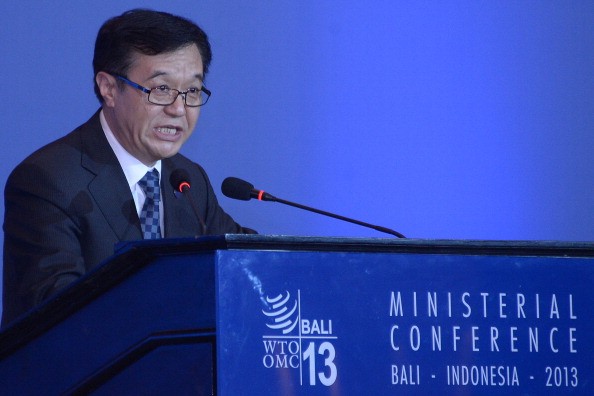A day after the WTO deadline on Dec. 11, China launched legal action against the EU and the U.S. for failing to designate the country a market economy status and for not changing the anti-dumping methodology in time, a decision that could increase the possibility of a trade war.
An article published by politico.eu said that China has long wanted to gain recognition as market economy status in the World Trade Organization (WTO), which it believes would not only represent the economic development of the Communist nation but would also make it difficult for other countries to charge low-priced Chinese imports with anti-dumping tariffs.
According to China, the country is automatically entitled to market economy status beginning Dec. 11, under the terms of its accession agreement to the WTO.
If China is granted the status, a new anti-dumping method has to be used by other WTO members, which would make it difficult for them to file cases against cheap Chinese imports such as steel, textiles and ceramics.
The WTO confirmed on Monday, Dec. 12, China's filing of a dispute resolution case against the EU and the U.S. as a response for failing to change the anti-dumping methodology in time as China did not get the market economy status.
"We regret that China is launching this dispute now despite the fact that the Commission has already made a proposal to amend the legislation in question," a European Commission spokesperson was quoted as saying.
"We will now study the request and accept, as usual, China's request to enter into consultations," the spokesperson added.
China's Commerce Minister Gao Hucheng was also quoted as saying: "China's lawful rights and interests must be maintained and the country reserves the right to take further action. Several WTO members have failed to fulfil their obligations."
The so-called analog country methodology was used by the U.S. and the EU to determine the tariffs to be imposed on dumped goods against a "non-market economy" country such as China. This method allows the use of prices of a third country to compare and determine the price of Chinese goods, with market conditions in place, which makes it easy to prove dumping violations.
But the methodology must now be discarded, China contends.
The report said that case filed by China may not have immediate effect but it would pressure lawmakers in the U.S. and the EU.
Meanwhile, the EU is divided over a proposed revamp of its trade arsenal, which the European Council and European Parliament must approve.
Following the filing of a case by China, the dispute at the WTO will undergo a consultation phase where representatives from China, the U.S. and the EU will meet to discuss the case. After this, a panel can be set up if China requests it. If the EU and the U.S. do not grant the request for the panel, a second request can be made.
Trade cases of this nature can be resolved by 2020 or 2021, according to Van Bael & Bellis, a Brussels-based law firm dealing with trade disputes.



























